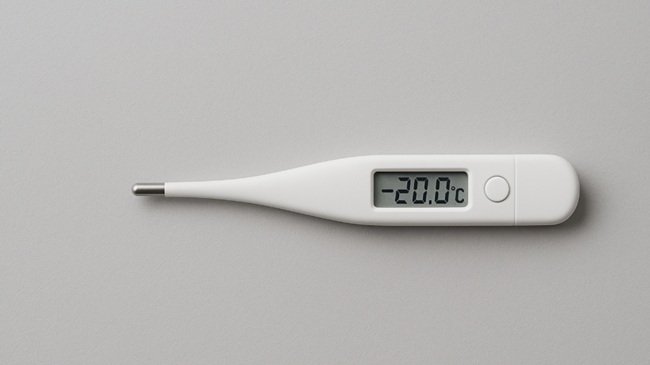Optimizing storage solutions for critical clinical trials

In the realm of clinical trials, maintaining precise temperature control is crucial. Sample integrity relies heavily on reliable storage solutions, making this a top priority for researchers. Collaborating with the right partners ensures these solutions are both innovative and effective.
Precision in temperature control is essential for the success of clinical trials. Without it, the validity of the data collected can be compromised, potentially skewing results and leading to erroneous conclusions. The role of advanced storage systems is vital in safeguarding sample viability through cutting-edge technology. This article delves into the significance of optimized storage in clinical trials, exploring challenges, innovations, and best practices to ensure sample integrity. Collaborating with a pharmaceutical freezer manufacturer can provide the necessary expertise and technology to maintain these critical conditions.
Challenges in clinical trials
The sensitivity of samples in clinical trials to temperature variations cannot be overstated. Even slight deviations from required storage conditions can lead to the degradation of samples, impacting the reliability of trial outcomes. Ensuring consistent temperatures throughout the storage period is paramount to maintaining sample integrity. Researchers face significant challenges when striving to keep these conditions stable, as external factors such as equipment malfunctions or power outages pose constant threats.
Reliable storage solutions are indispensable for overcoming these challenges. They provide a buffer against unexpected disruptions and help maintain the stability needed for accurate results. With stringent regulatory standards governing trial operations, ensuring compliance through dependable temperature management systems becomes a non-negotiable aspect of trial design and implementation.
Investing in advanced storage technologies can mitigate these risks significantly. State-of-the-art systems offer enhanced monitoring capabilities and redundancy features that ensure samples remain within specified temperature ranges under all circumstances.
Role of advanced storage systems
Advanced storage systems are pivotal in ensuring successful clinical trials by providing precise environmental controls. These systems are equipped with sophisticated sensors and automated alerts that help maintain optimal conditions for sample preservation. By leveraging such technology, researchers can focus on other critical aspects of their work without constantly worrying about potential disruptions.
Partnerships with specialized providers enhance the effectiveness of these solutions. Choosing a provider with expertise in pharmaceutical freezer solutions ensures access to cutting-edge technologies specifically designed for the biotech industry. Such collaborations result in tailored solutions that address specific trial needs, enhancing overall efficiency.
The integration of advanced storage systems into clinical trials is not merely an option but a necessity for achieving reliable outcomes. These systems act as a safety net, allowing researchers to confidently conduct their experiments while ensuring compliance with industry standards.
Best practices
Optimized storage solutions are crucial for successful clinical trials. Trials utilizing cutting-edge storage technology report higher sample viability and more reliable data integrity. This highlights the direct impact that proper storage has on trial success.
Best practices include implementing regular maintenance checks and using redundant systems to guard against equipment failure. Monitoring technologies should be employed to provide real-time data on environmental conditions, allowing swift corrective actions when deviations occur.
The adoption of energy-efficient units not only benefits sample integrity but also reduces operational costs, making them an attractive option for research facilities aiming to balance performance with sustainability goals.


